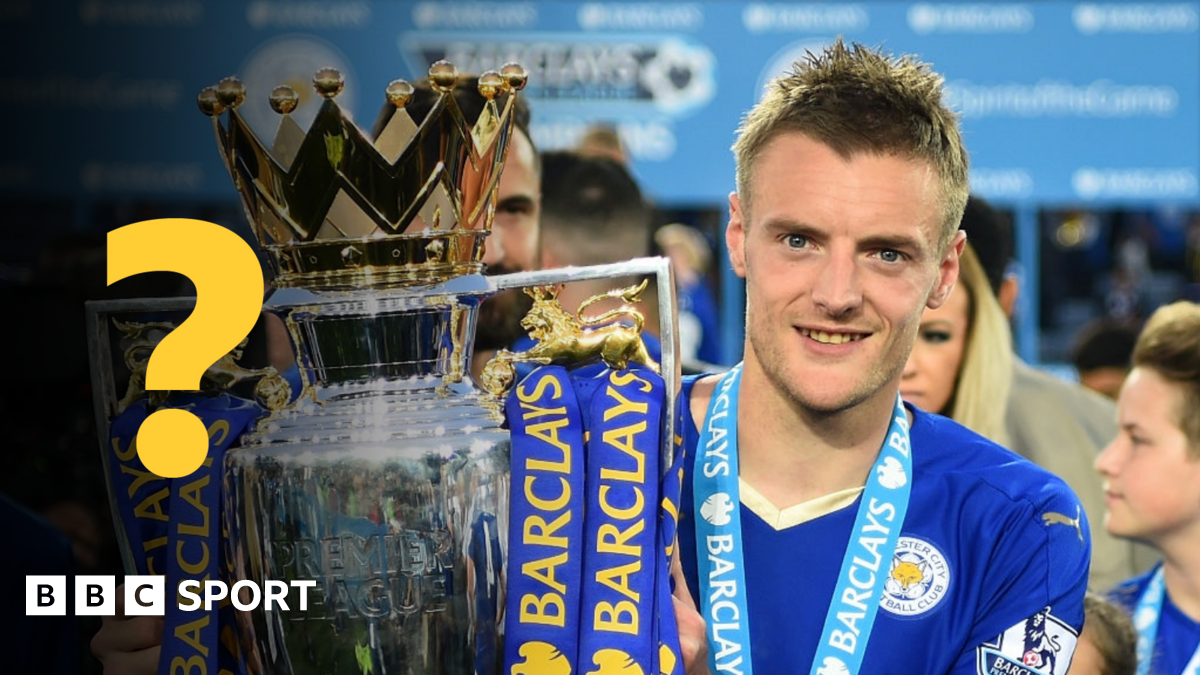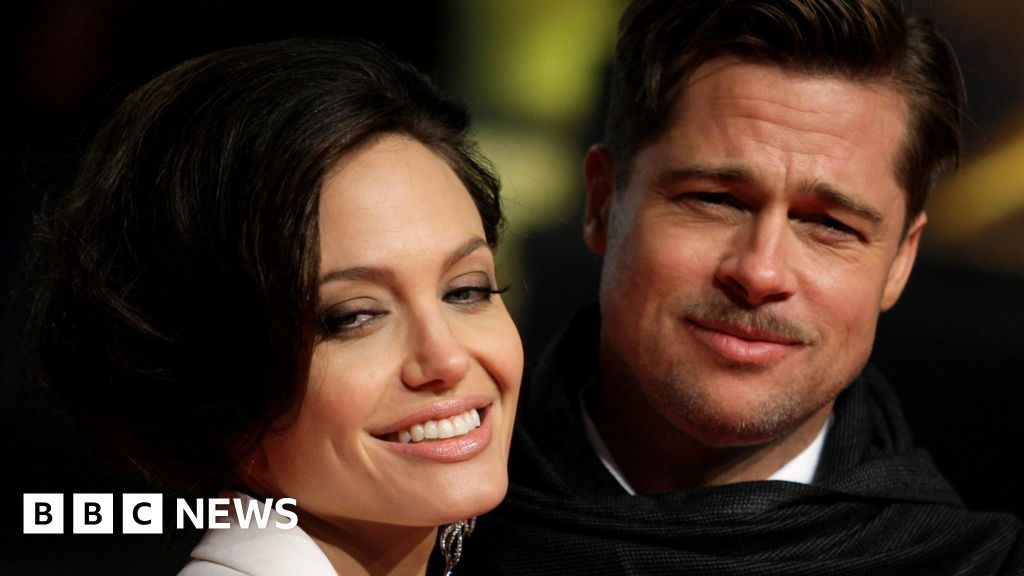Streams of Punjabi music have seen a massive rise, but some fans aren't pleased with the direction the genre is heading in.
The 2002-hit Mundian To Bach Ke by UK-based producer Panjabi MC is what put the music on the map for the very first time.
Since then, the music has changed, and many more people are listening.
Data from Spotify shared exclusively with Sky News reveals that UK streams have risen by 286% over the past five years and a massive 2077% globally.
"The signs are there that Punjabi music is only going to continue to grow in influence around the world," said Safiya Lambie Knight, head of music, UK & Ireland at Spotify.
The blend with hip-hop alongside collaborations with mainstream artists such as Burna Boy and Ed Sheeran has captivated listeners, regardless of their spoken language.
With billions of views and streams, one of the top-performing artists in the genre right now is Karan Aujla.
Originally from a village called Ghurala in India, the 27-year-old’s quick-witted bars and innovative melodies helped him make history earlier this year as the first Punjabi artist to win a Juno Award.
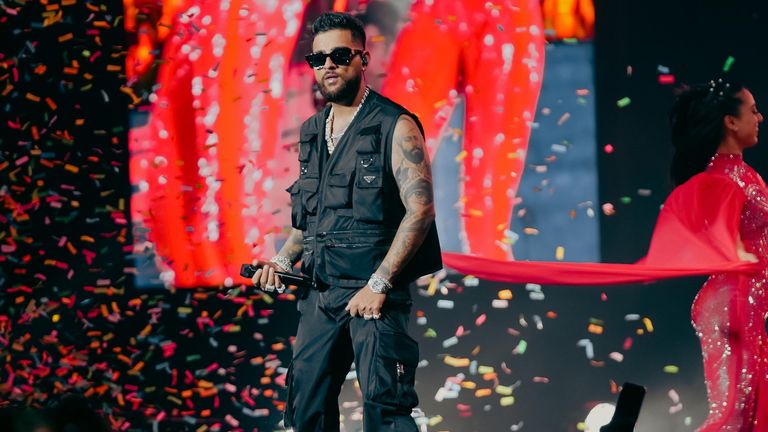
Speaking to Sky News after his show at London's O2 arena, Aujla said: "I'm just a kid that came from nothing, from a small village so if you told me 10 years before I'll be performing at the O2 London and selling out the whole arena, I wouldn't know if that'd be possible, but we did it today.
"So if anybody out there is watching me, just know that it's all possible.
Aujla’s ability to fuse genres such as hip-hop and R&B with Punjabi folk music has earned him a fanbase of non-Punjabis too.
"I feel like music itself has no language, and it's just so lovely how somebody that doesn't know your language could still vibe to your music. And I've seen that with my own eyes at my shows and in my DMs, or like on Facebook or wherever, when people send me videos of jamming to my songs, but they're from a whole different country."
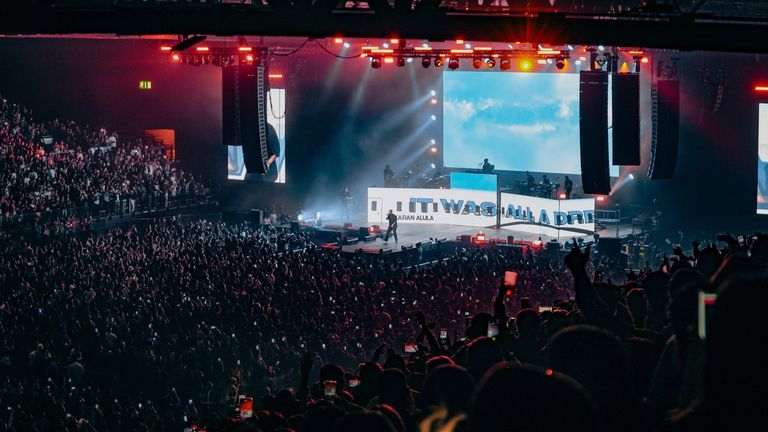
He added: "I feel like Punjabi music will be one of the biggest things in this whole world in the next few years, and I believe in that."
But as the genre has grown over the last few years, some of the top singers have come under increased scrutiny for promoting and glorifying drugs, violence and gun culture through their lyrics and music videos.
It was this trend that forced one of the genre's biggest radio stations - Panjab Radio, based in London - to ban some singers from their airwaves.
The station's managing director, Surjit Singh Ghuman MBE, who made the decision three years ago, said: "My personal belief is that lots of youngsters went from Punjab to Western countries, especially Canada and America, where there's a big drug scene there, there's a big gun culture there, and I think it all stemmed from there.
"It makes me feel sad because that is not our culture. Guns and drugs is not Punjabi culture."
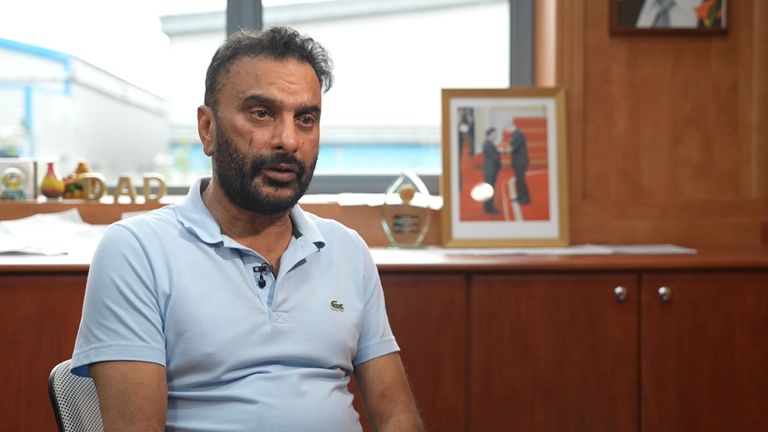
Mr Ghuman said that when the station started broadcasting in 2000: "We didn’t need to listen to the whole song, but now with the new music, we have to listen to every single song before it goes onto the system because there's lots of swear words.
"I think it's all about the views now. It doesn't matter what the message is you're giving to the youngsters or the community, it is to do with earning money."
But Mr Ghuman is hopeful "positive changes are coming" and that singers will "start to focus their songs on the rich Punjabi culture rather than violence".
However, while there’s hope, the controversies don’t seem to be fading.
Just last month, singer AP Dhillon, who's signed to the same record label as Taylor Swift, released a song called Old Money, which contains violent scenes throughout its music video, so much so that it required a warning at the start.
This month, Dhillon's home in Canada was shot at several times and vehicles were set alight. Nobody is believed to have been injured in the attack.
Preliminary investigation suggests that this was a targeted event according to the Royal Canadian Mounted Police, who are still investigating the suspects in the attack to establish a motive.
Sky News asked AP Dhillon's team for a comment.
For now, the UK stands as a quieter but important player in the world of Punjabi music - a place where the focus remains on cultural celebration rather than controversy.
While controversies have accompanied its rise, the genre's ability to evolve and resonate with diverse audiences suggests a bright future ahead.
 (1).png)
